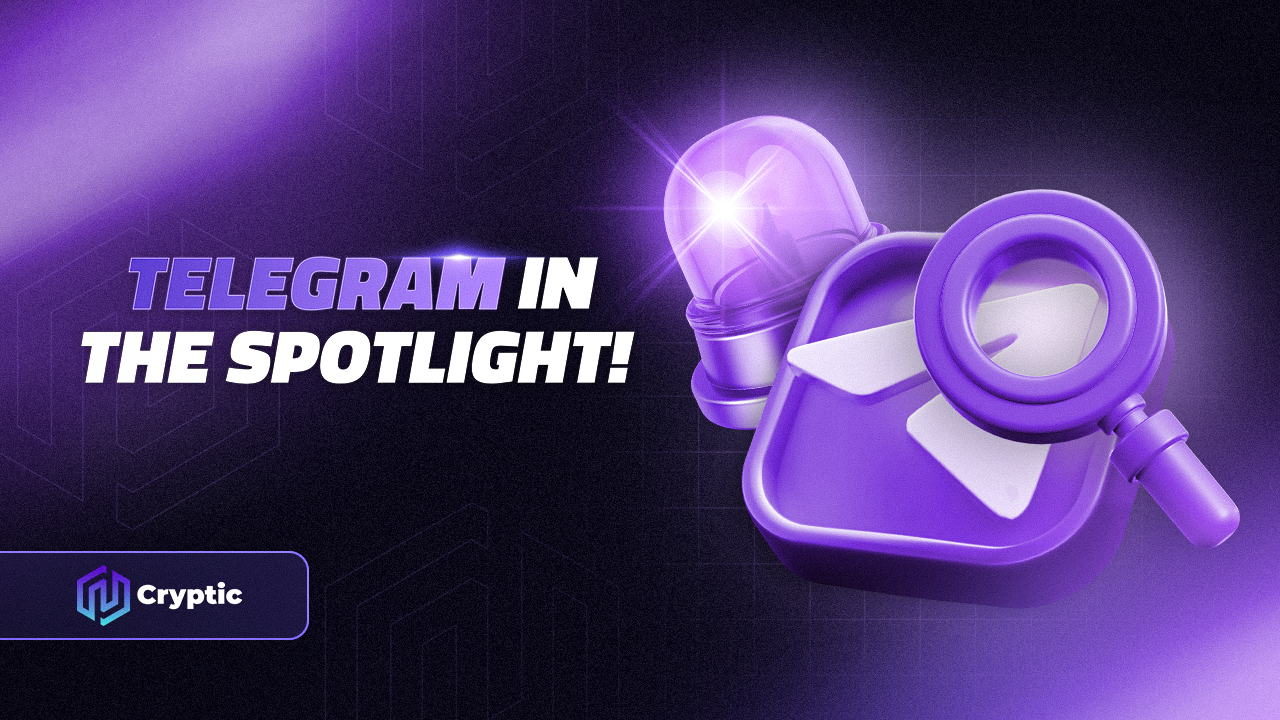
The recent arrest of Pavel Durov, CEO of Telegram, has sent shockwaves through the tech world, raising questions about the future of both Telegram and its associated blockchain project, TON (The Open Network). Durov’s detention in Paris on allegations of Telegram’s involvement in illicit activities has sparked debates on privacy, security, and the role of tech companies in combating cybercrime.
TON: A Blockchain with a Rocky Start
TON, originally envisioned as a high-speed, scalable blockchain platform, has had a tumultuous journey. Conceived by the Durov brothers, the project aimed to revolutionize the blockchain landscape with its innovative technology. However, TON faced regulatory hurdles from the outset, with the US Securities and Exchange Commission (SEC) raising concerns about its initial coin offering (ICO). The SEC’s intervention resulted in a lengthy legal battle, ultimately leading to the project’s official termination in 2020.
Despite its official demise, TON has continued to exist in various forms, with independent developers and communities keeping the project alive. This decentralized nature of TON has raised concerns among regulators, who fear its potential for misuse in illicit activities.
Telegram CEO’s Arrest: A Privacy vs. Security Dilemma
Durov’s arrest highlights the ongoing tension between privacy and security in the digital age. Telegram, known for its strong encryption and focus on user privacy, has become a popular platform for activists, dissidents, and those seeking secure communication channels. However, its privacy features have also attracted individuals and groups involved in illegal activities, making it a target for law enforcement agencies.
The arrest raises questions about the responsibility of tech companies in balancing user privacy with the need to combat cybercrime. While strong encryption and privacy features are essential for protecting users’ sensitive information, they can also hinder law enforcement efforts to investigate and prosecute criminal activities.
The Future of TON and Telegram
The future of both TON and Telegram remains uncertain in the wake of Durov’s arrest. The incident is likely to intensify regulatory scrutiny on both the blockchain project and the messaging platform. TON’s decentralized nature and Telegram’s strong privacy features could face further challenges from governments seeking greater control over online communication and financial transactions.
While TON continues to evolve independently, its association with Telegram and the recent arrest could impact its development and adoption. Telegram, on the other hand, might face pressure to implement changes to its privacy features to appease regulators and law enforcement agencies.
Conclusion
The arrest of Telegram’s CEO and the ongoing challenges faced by TON illustrate the complex interplay between technology, privacy, security, and regulation. As technology continues to advance, striking the right balance between these competing interests will become increasingly crucial.
While the future of both TON and Telegram hangs in the balance, the incident serves as a reminder of the importance of open dialogue and collaboration between tech companies, regulators, and law enforcement agencies to create a safe and secure digital environment for all.



